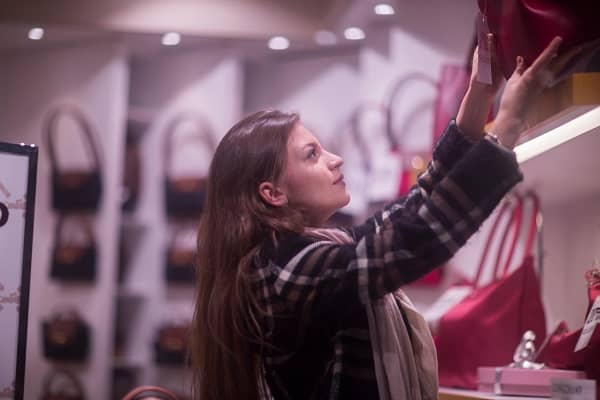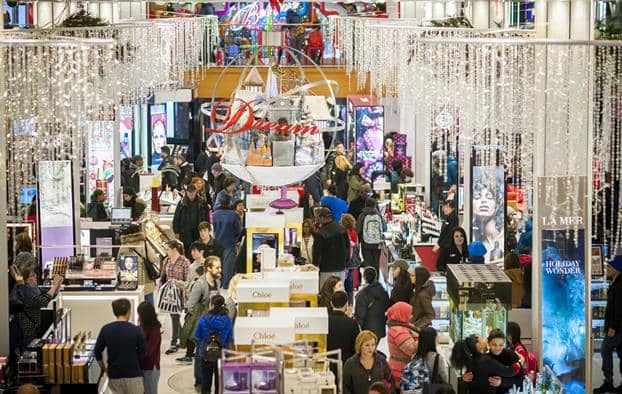Half (51%) of high-net-worth individuals knowingly purchase replica collector’s items, according to recent research commissioned by specialist insurer Ecclesiastical.
The vast majority (83%) of those who knowingly purchased replicas say that they took the measure to protect their valued collections. The method to protect collections is well known, with Kim Kardashian admitting in 2021 that nearly five years after a robbery at gunpoint she wears “borrowed” and “fake” jewellery, adding that “no expensive items ever come into my home”.
High-net-worth individuals collecting paintings are most likely to knowingly purchase replicas (38%). This is notable given over three quarters (77%) of high-net-worth individuals say they have invested in paintings, the second most popular collection type.
The next most common knowing replica purchases are of handbags (35%). Almost a quarter (23%) of jewellery collectors, 78% of high-net-worth individuals, have deliberately purchased replicas. Meanwhile, over a quarter (28%) of watch collectors, three quarters of high-net-worth individuals, have knowingly purchased a replica.
This rise of replica buying comes at a time of increased burglaries. According to the Office for National Statistics, there were 75,265 robbery offences and 1,724,361 theft offences reported to the police in England and Wales between March 2022 to March 2023.
This is an increase of 8,937 reported robberies on the previous year and 25,111 more than the 20-year-low in the year between 2014/2015. Thefts are also on the rise, after two years of reduced numbers between 2020 and 2022, evidencing why theft is the second greatest concern for collectors with 72% mentioning it as a concern.
Many high-net-worth individuals know the value of their collections. Over half (61%) have at least one collection appraised annually, with almost a quarter (24%) having a collection appraised more often than once per year. These are most regularly valued by independent professionals (86%) and most often for insurance purposes (69%).
The rise of social media may have a role to play in the rise of burglaries and thefts. Almost three quarters (72%) of high-net-worth individuals like to share their investments with their friends and family on social media. While this behaviour is more common amongst high-net worth-individuals under 45 years-old (87%) when compared to those over 45 (36%), it is still notable that many post about their collections, increasing the risk of theft. Shockingly one in five (22%) have even tagged the location of their collectables.
Dr James Lindow, Underwriting Director for Art and Private Clients at Ecclesiastical, said: “The rising crime rate in this country is a natural concern for collectors and we encourage individuals to take measures to protect their collections and themselves, including investment in improved home security. We would also urge people to refrain from posting about their collections on social media, and never to divulge their location.
“We are pleased to see that a number of collectors are regularly getting their valuables appraised and making sure that they are not underinsured, which is particularly important given the inflationary environment. We would encourage those who are not regularly getting their collections valued to do so.
“While it is a terrible experience to have your valuables stolen or damaged, the purpose of insurance is, partly, to recoup the value of what you have lost. Up to date insurance, including annual valuations, combined with robust security measures, is the most effective means of protecting your valuables. This gives you peace of mind and the freedom to leave items at home or, where appropriate, wear or carry them.”






Leave a Comment